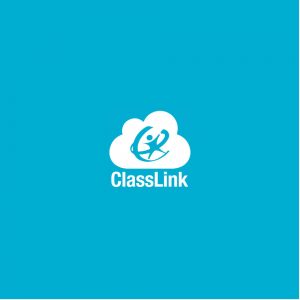The purpose of the ICAP is to assist students and their parents / legal guardians in exploring the post-secondary career and educational opportunities available to the student, aligning coursework and curriculum, applying to post-secondary education institutions, securing financial aid and ultimately entering the workforce.
ICAP is a multi-year process, one that will span the lives of students who are now in middle and high school and that will continue into adulthood. By adopting research-based best practices and by revamping our knowledge for developmentally appropriate ICAP activities with secondary students, Colorado’s schools and districts now focus on a meaningful process which results in a plan.
A student’s participation in the ICAP process is required for Graduation through St. Vrain Valley Schools. This will include annual surveys, meeting with counselor and usage of the Naviance Tools.
ICAP must include:
- Career and college interest surveys
- Written postsecondary and workforce goals, intermediate benchmarks and data reflecting progress toward those goals
- Scores on assessments
- Experiences in service learning and/or work environments
- Activities that establish connections between school-based instruction and the world of work
- An intentional sequence of courses that reflect progress towards the postsecondary goal
- Academic progress
- College application(s), a resume, or alternative work-based applications
- An understanding of the financial impact of life after high school, including an education
ICAP High School Quality Indicators:
Self-Awareness: Understand how one’s unique interests, talents, and aspirations play a role in decision-making and interpersonal relationships and how individual thoughts and feelings get students excited about life and learning.
Career Awareness: Know the difference between jobs, occupations, and careers. Articulate a wide range local regional of local regional, national and global career pathways and opportunities. Consider economic and cultural influences and the impact of stereotypes on career choice.
Postsecondary Aspirations: Participate in career exploration activities centered on students’ passions, interests, dreams and visions of their future self and perceived options.
Postsecondary Options: Be aware of and participate in a variety of postsecondary and career opportunities. Use tools such as career clusters, personality assessments and learning style inventories to highlight individual strengths and capabilities.
Environmental Expectations: Consider how school, family, community, culture and world view might influence the students’ career development and postsecondary plans.
Academic Planning: Apply the skills and knowledge necessary to map out and pass the academic courses required to achieve postsecondary goals.
Employability Skills: Define, develop and hone skills that increase the likelihood of becoming and remaining successfully employed and civically responsible citizens.
Financial Literacy: Recognize personal financial literacy and financial aid topics and vocabulary and know what options are available to pay for postsecondary. Understand and articulate personal financial literacy concepts, the cost of postsecondary options and apply this awareness to the postsecondary career and academic planning process.



